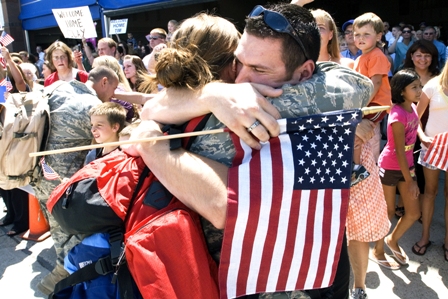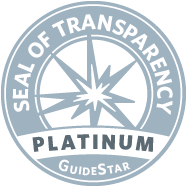Veterans’ healthcare still falls far short
By Brig. Gen. (Ret) Stephen N. Xenakis, M.D.
-
03/22/10 06:44 PM ET
In the eight years that America has been at war, over 2.1
million men and women have been deployed to Iraq and Afghanistan. Not
since Vietnam have so many Americans fought under such unforgiving
conditions, and their bodies and minds reveal agonizing new and
different wounds of war.
The typical combat veteran has sustained
orthopedic injuries, concussions from blasts, emotional trauma, and the
untold stresses of a harsh environment. The periodic surveys of
deploying soldiers indicate that roughly 25 percent suffer with various
medical complaints. A RAND study from 2007 estimated that 300,000
service members bear identifiable, albeit invisible, wounds from mild
traumatic brain injury and psychological trauma.
But, treatment is not keeping pace with injuries even as the numbers
have been rising. The lives of returning soldiers and Marines have
become more difficult with serial deployments. Divorce rates are
increasing, and there have been record numbers of suicides. The VA
counts more than 100,000 homeless veterans on any given night. One
senior physician, who has treated many soldiers from WWII, Korea, and
Vietnam, observes that patients from Iraq and Afghanistan have shown up
with the worst mix of conditions that he has ever seen.
The soldiers
in Iraq and Afghanistan are engaged in 21st century combat, but the
social and medical support systems back home are bogged down by the
legacies of the Cold War. These systems are not integrated in any way,
so they are unable to respond effectively. Instead the soldier is
shuttled from one medical or institutional silo to another, with each
specialist attempting to help, but sometimes making things worse.
The
compensation system has changed little since the 1950s, while the
nature of the illnesses and injuries, not to mention the mentality of
the country, has radically shifted. Pilot programs have been started to
unify the disability ratings of the DoD and Veterans Affairs, but they
are sporadic, and have not advanced in philosophy or policy. They are
stuck on “fair payments” and offer little help to the disabled veterans
as they try to cobble together a future that has been unimaginably
altered.
Much remains to be done. Returning veterans long to
“normalize” their lives and get on a trajectory that is as productive as
possible. Compensation helps, but falls short of meeting real needs —
good education, training, rewarding employment, family and friends.
The
implementation of 21st century rehabilitation and support services has
lagged. Basic coordination among the VA facilities, DoD hospitals and
clinics, and local communities services is almost non-existent.
Where
to start? The Dole-Shalala Commission recommended “fundamental changes”
in healthcare for veterans and active-duty personnel in July 2007, but
essential corrective measures have only been only inching along. The DoD
and VA are still prisoners of the traditional specialties. Not enough
time and energy is devoted to promoting, in a holistic fashion, the
health and wellness of the veteran, not just treating the diseases. Too
few clinics and hospitals have set up integrative teams. Funding for
research and hiring of clinicians rigidly follows lines of specialty
practices and ignores the realities of the patients’ lives. Wounded
soldiers and disabled veterans have to navigate a dizzying array of
clinics in the often futile hope that finally a care coordinator will be
able to direct them to the right appointments.
The research for
developing better treatments is stifled by the tyranny of the “gold
standard” randomized controlled trial. Newer statistical tools and
methodologies have been ignored. When seeking treatment, soldiers and
veterans get the usual diagnostic tests that were introduced decades
ago. Even though the veterans face life-changing emergencies, the
traditional institutions of healthcare proceed at the same stately old
pace.
Just like 21st century warfare needs to be coordinated and
integrated, so does healthcare and rehabilitation. The burden of caring
for the 2 million souls who have seen repeated combat is a public health
problem, far beyond the “disease model” that dominates currently. It
requires the classical “paradigm shift” to focusing on the optimal
health and welfare of the individual and immediate social network.
Making the shift imposes a challenge on the national leadership, and for
them to direct a bold and energetic campaign.
We may be a nation
at war, but it only seems to apply to those brave few men and women in
uniform in far-off places. The missing link for modern warfare in the
21st century — prolonged and uncertain — is the changes in institutions
and policies that support its armed forces at home.
The ghosts of
the Vietnam War still haunt us. Let’s hope we do better this time and
not let current domestic political and social pressures sweep aside the
very real needs, and lives, of our veterans. Because in the end, if we
are unwilling or unable to confront these very real problems, the
consequences on soldiers, and on their families and friends, will
trouble us for future generations.
Xenakis is a psychiatrist
who has advised the Pentagon on psychological health and traumatic brain
injury issues. He is currently conducting research in this field.
 A welcoming home for our Troops.
A welcoming home for our Troops.

